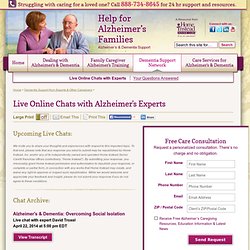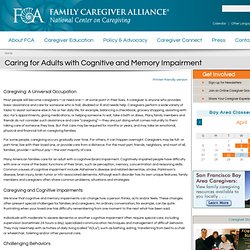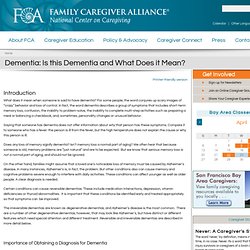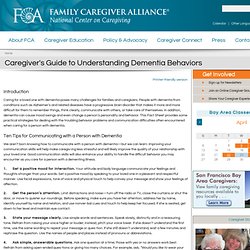

Alzheimer's Music Connect - Home. Live Online Chats with Alzheimer's Experts - Help for Alzheimer's Families. Upcoming Live Chats: We invite you to share your thoughts and experiences with respect to this important topic.

To that end, please note that any response you elect to submit may be republished by Home Instead, Inc. and/or any of its independently owned and operated Home Instead Senior Care® franchise offices (collectively, “Home Instead”). By submitting your response, you irrevocably grant Home Instead permission and authorization to republish your response, in complete or partial form, in connection with any works that Home Instead may create, and waive any right to approve or inspect such republication. While we would welcome and appreciate your feedback and insight, please do not submit your response if you do not agree to these conditions.
Chat Archive: Alzheimer's & Dementia: Overcoming Social Isolation Live chat with expert David Troxel April 22, 2014 at 5:00 pm EDT View Transcript Steps to Healthier Eating for You and Your Loved One Live chat with expert Molly Carpenter. Caring for Adults with Cognitive and Memory Impairments. Most people will become caregivers—or need one— at some point in their lives.

A caregiver is anyone who provides basic assistance and care for someone who is frail, disabled or ill and needs help. Caregivers perform a wide variety of tasks to assist someone else in his or her daily life, for example, balancing a checkbook, grocery shopping, assisting with doc-tor’s appointments, giving medications, or helping someone to eat, take a bath or dress. Many family members and friends do not consider such assistance and care “caregiving”—they are just doing what comes naturally to them: taking care of someone they love.
But that care may be required for months or years, and may take an emotional, physical and financial toll on caregiving families. For some people, caregiving occurs gradually over time. Many American families care for an adult with a cognitive (brain) impairment. We know that cognitive and memory impairments can change how a person thinks, acts and/or feels. Dementia - Is this Dementia and What Does it Mean? What does it mean when someone is said to have dementia?

For some people, the word conjures up scary images of “crazy” behavior and loss of control. In fact, the word dementia describes a group of symptoms that includes short-term memory loss, confusion, the inability to problem-solve, the inability to complete multi-step activities such as preparing a meal or balancing a checkbook, and, sometimes, personality changes or unusual behavior. Saying that someone has dementia does not offer information about why that person has these symptoms. Compare it to someone who has a fever: the person is ill from the fever, but the high temperature does not explain the cause or why this person is ill. Does any loss of memory signify dementia? On the other hand, families might assume that a loved one’s noticeable loss of memory must be caused by Alzheimer’s disease. Certain conditions can cause reversible dementias. A medical evaluation for dementia usually includes the following: Alzheimer’s Disease. Guide_dementia.pdf. S Guide to Understanding Dementia Behaviors.
Caring for a loved one with dementia poses many challenges for families and caregivers.

People with dementia from conditions such as Alzheimer’s and related diseases have a progressive brain disorder that makes it more and more difficult for them to remember things, think clearly, communicate with others, or take care of themselves. In addition, dementia can cause mood swings and even change a person’s personality and behavior. This Fact Sheet provides some practical strategies for dealing with the troubling behavior problems and communication difficulties often encountered when caring for a person with dementia. We aren’t born knowing how to communicate with a person with dementia—but we can learn.
Improving your communication skills will help make caregiv-ing less stressful and will likely improve the quality of your relationship with your loved one. 1. 2. 3. 4. 5. 6. 7. 8. 9. 10. To start, consider these ground rules: